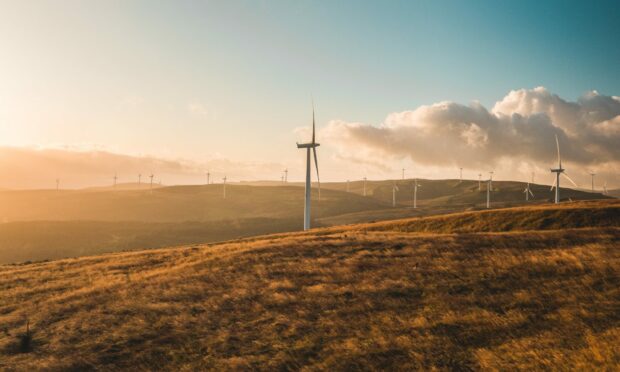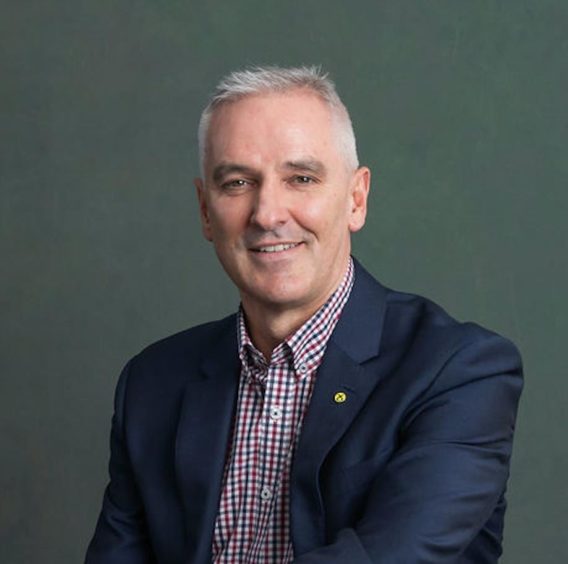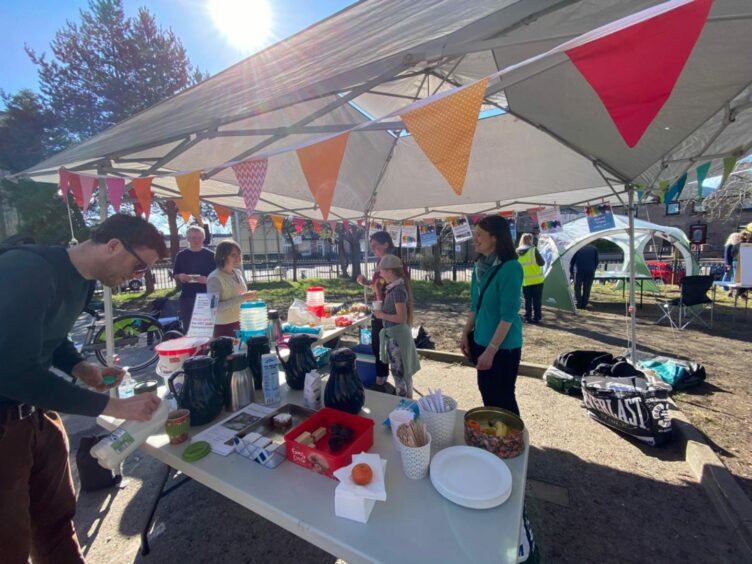Highland Council is ramping up its commitments to achieving net zero, with a dedicated climate change committee.
Its chairman, Karl Rosie, is determined to deliver beyond the greenwash, through local action and industry partnership.
Highland Council declared a climate emergency in 2019. It then homed in on 2025 as the delivery date for a low carbon Highland and zero carbon Inverness.
Yet midway through 2022, and with a new administration at the helm, 2025 is no longer a safe distance away.
Realistically, does the council have any hope of delivering?
The answer is perhaps that we’re asking the wrong question. “Highland Council identified 2025 as the target year for a low carbon economy, and it’s made positive progress in that direction,” says councillor Rosie.
“However, low carbon isn’t the most meaningful measure. We need to be working towards net zero.”
Net zero and low carbon – what’s the difference?
If the different terminology has you perplexed, you’re not alone.
Put simply, carbon neutral means balancing emissions against offsetting measures, so no carbon dioxide is released into the atmosphere. By contrast, net zero means first getting emissions down as low as possible.
In other words, don’t just pump out poison then plant a forest – aim to remove the poison in the first place.
Mr Rosie wants the Highland Council to focus on delivering net zero by 2040, with measurable targets along the way.
He says the new Highland climate change committee is a positive first step.
“Climate change has now shifted from a working group and elevated to full committee status,” he says. “This enables each strategic committee of the council to seriously focus on the task at hand.
“We need to embed this thinking at every level to reach the goal of net zero.”
Just how to do that, is still a work in progress. However, Mr Rosie says partnership is fundamental.
“Since we established the committee, we’ve had fantastic interaction with external stakeholders,” he says. “In the past, I suspect industry partners have seen the council as a stone around their neck. Now, they see the opportunity in front of us. SSE for example has recognised the value and reach of the Highland Council.
“For once, it’s actually an advantage to be the size we are. It creates a significant opportunity to accelerate progress.”
Industry partnership
Mr Rosie emphasises that Highland Council must put its own house in order first. Measures such as insulating homes, expanding active travel and waste reduction all need to move at pace.
At the same time though, this is not about Highland Council getting to net zero. It’s about the council leading the whole region to net zero.
To that end, Mr Rosie wants to set up a renewable energy group, which would bring public sector, industry, community and academia all round the table.
“For once, everyone’s singing from the same hymn sheet,” he says.
The will appears to be there, but is the cash? Mr Rosie accepts that the budget situation looks challenging, but believes the Highlands can box clever. A close working relationship with the Scottish Government will help.
Mr Rosie points to the Scottish Government’s Just Transition Commission as the obvious starting point. Just Transition is an approach to climate change action that centres on fairness, and leaving nobody behind. It puts social justice and communities at the heart of the process.
The Scottish Government is working on Just Transition plans which will act as a blueprint to guide climate change action across the country.
“We first need to hammer out a detailed strategy, and then design the budget around the identified actions,” says Mr Rosie. “The Scottish Government has given an indication with its Just Transition plans and we can explore the possibilities from there.”
Think local
Communities have a key role to play in this approach. While Mr Rosie believes there needs to be one Highland climate strategy, he wants to see how that can integrate with local priorities and projects.
For example, Mr Rosie’s own hometown of Thurso, Caithness, recently launched a bid to become Scotland’s first net zero town. Discover more in their video below.
Thurso Community Development Trust has already spearheaded a number of highly successful projects, including a community growing project and sharing shed.
Their objectives are rooted in social and ecological justice.
“We have to do this in a way that’s meaningful to our communities,” says Mr Rosie. “That means addressing inequalities, fuel poverty, food scarcity and nutrition too.”
Net Zero Thurso hopes to record its progress on electronic noticeboards in the town square. Mr Rosie would love to see an approach like that replicated across the Highlands.
“I’m determined to base this on quality data and to measure output and monitor targets from there,” he says.
“This is a critical point in our journey, but it’s so encouraging to see how motivated people are across the Highlands.”
Are you interested in more exclusive and breaking Highland and Islands news from the P&J? If so, why not join our dedicated Facebook page HERE



Conversation